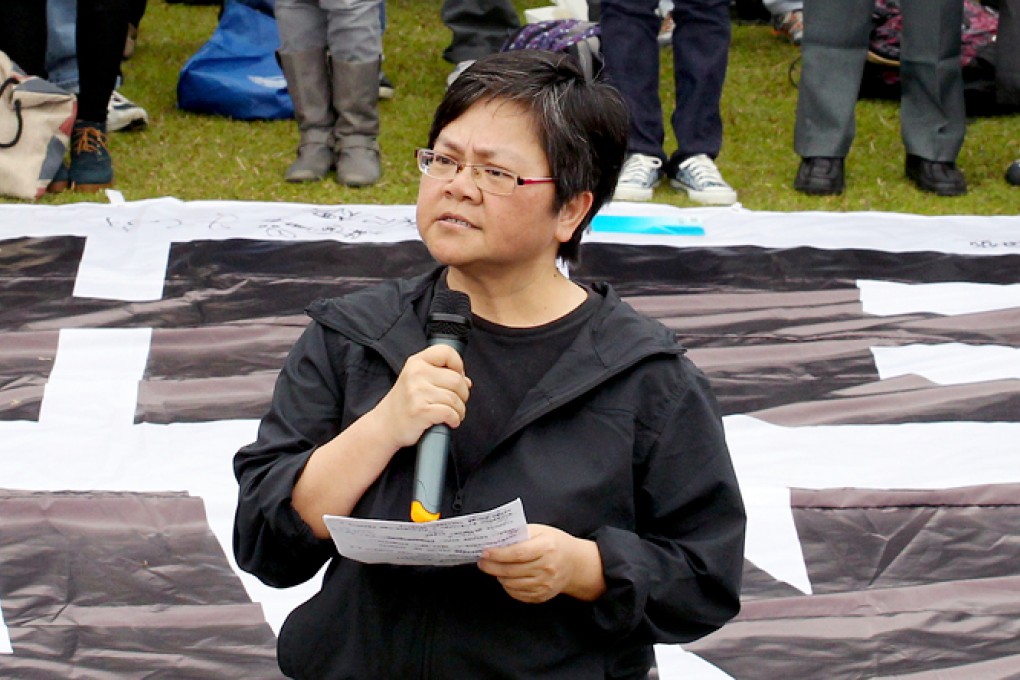Self-censorship 'common' in Hong Kong newspapers, say journalists
Poll of journalists reveals self-censorship and intrusion by owners a regular occurrence, and public have a negative view of media freedom

Journalists in Hong Kong say self-censorship in the news media is common and owners or management regularly exert editorial pressure, while the public have a negative impression of the level of press freedom in the city.
Those are the findings of a new press freedom index which was carried out before two events that rocked the city's faith in journalistic liberty.
On a scale of zero to 10, where 10 indicates "very common", journalists rated media self-censorship at 6.9, while the public gave 5.4, as part of the first Hong Kong Press Freedom Index.

Journalists rated pressure from owners or management at 6.5, indicating it was also common, even worse than the public's impression indicated by their rating of 6.2.
Out of 100, the general public gave press freedom an overall rating of 49.4, seen as "slightly negative", while journalists rated it at 42, deemed a "definite negative".
The index drew on data from two sets of polls. The University of Hong Kong's public opinion programme surveyed 1,018 members of the public in December last year, while the Hong Kong Journalists Association interviewed 422 journalists from December 23 to February 4.